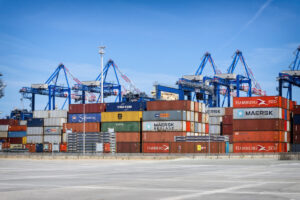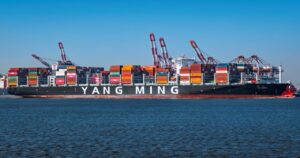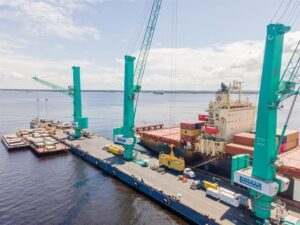The British Ports Association (BPA) today called on Ministers to introduce ‘port zoning’ in and around UK harbour areas to support jobs and trade post-Brexit. The BPA represents the interests of 100 port members, covering over 350 ports, terminal operators and port facilities.
BPA Chairman Rodney Lunn wrote to the Transport and Environment Ministers outlining the new ‘port zoning’ concept that would see both marine and land areas within ports being classified as special areas for growth.
These zones would be safeguarded against the impact of marine designations and planning system challenges allowing ports to fast-track developments and have certainty about future activities.
After the Brexit vote, ports throughout the UK now face increasing restrictions stemming from marine and planning designations. These represent a significant challenge to their statutory duties and future plans.
As pre-existing economic areas, ports are defined by in private legislation and are unable to move or change their limits, forcing them to undertake costly programmes to continue operating.
Commenting on the proposals, BPA Chairman Rodney Lunn said “Ports are vital clusters of jobs and trade, supporting coastal communities as well as safeguarding harbour areas for commercial and recreational users. As we move into a new trading environment post-Brexit, it is important that the sector remains competitive”.
Mr Lunn went on to say, “Environmental and planning constraints in ports statutory limits are becoming increasingly difficult to work with. Our proposed ‘port zones’ would allow ports to continue to fulfil their duties to maintain safe harbours whilst supporting jobs and trade without endangering the environment.”
The UK ports industry, which is the second largest in Europe, plays a crucial role in the country’s economy. 96% of the UK’s international trade – imports and exports – is carried through UK ports which also handle 60 million passenger journeys each year. Ports are also important in providing UK employment, with around 120,000 currently servicing UK ports in some capacity.
Yesterday (December 15, 2016), it was revealed that negotiations for Britain to leave the EU may take up to 10 years.








